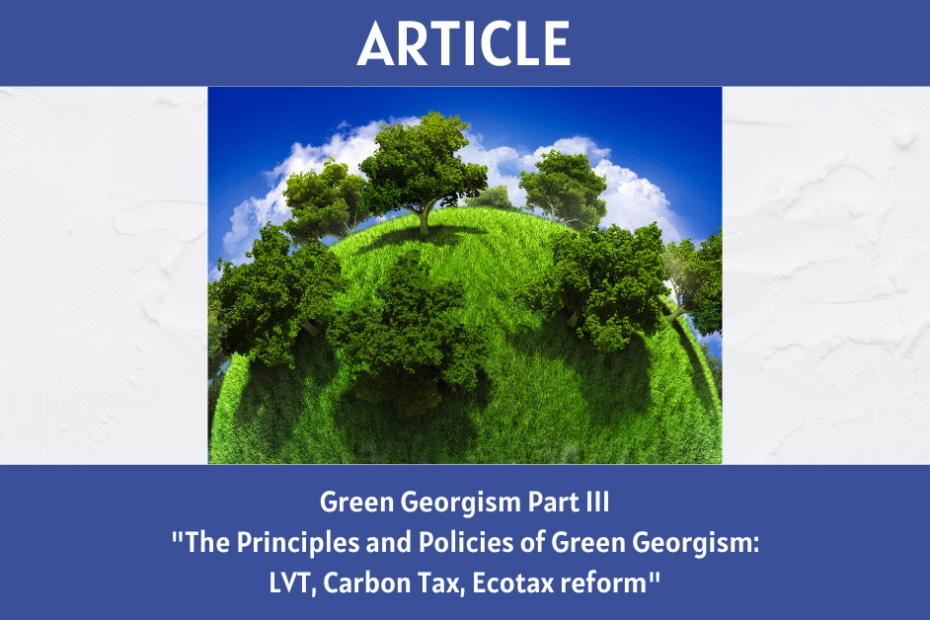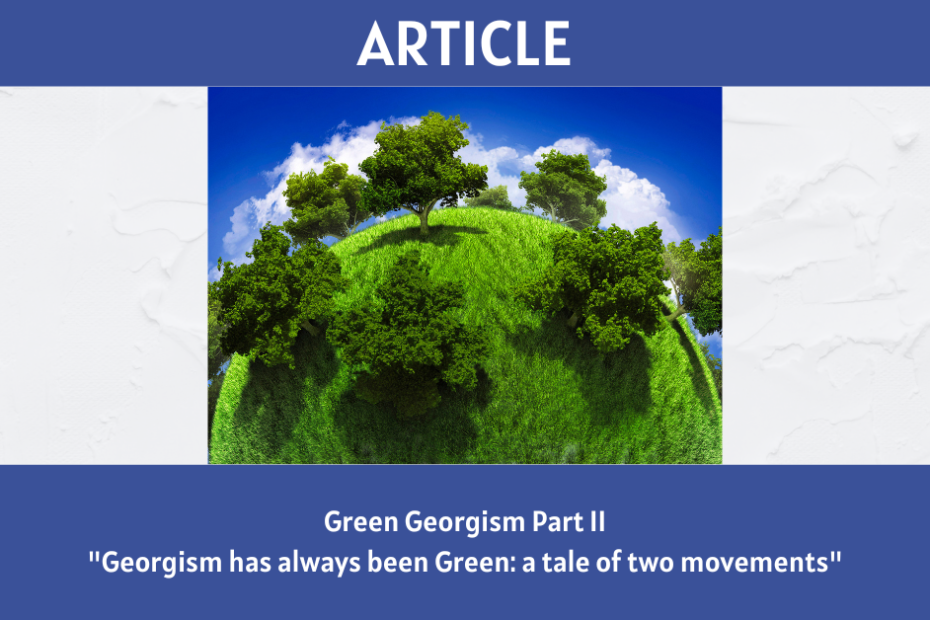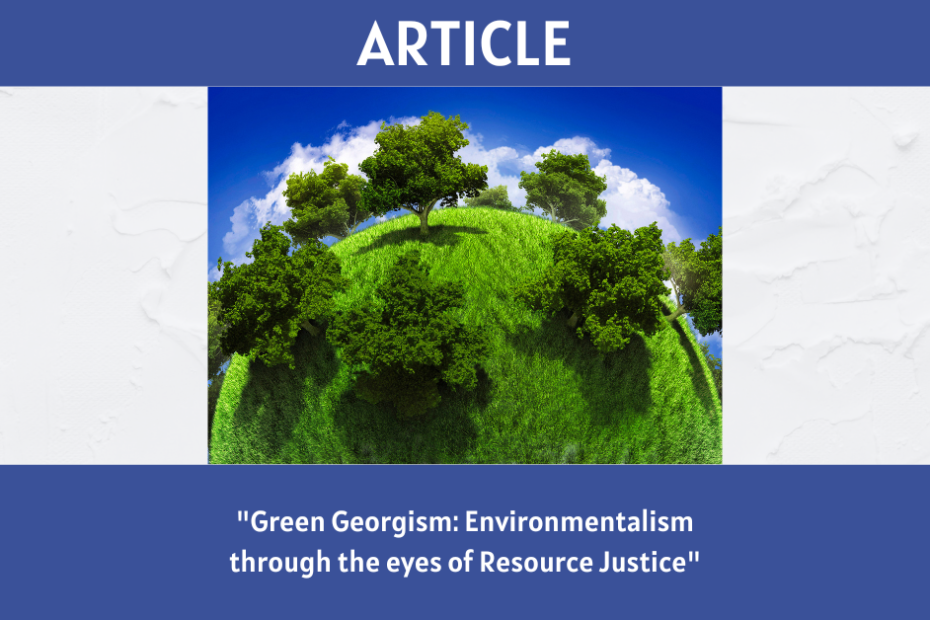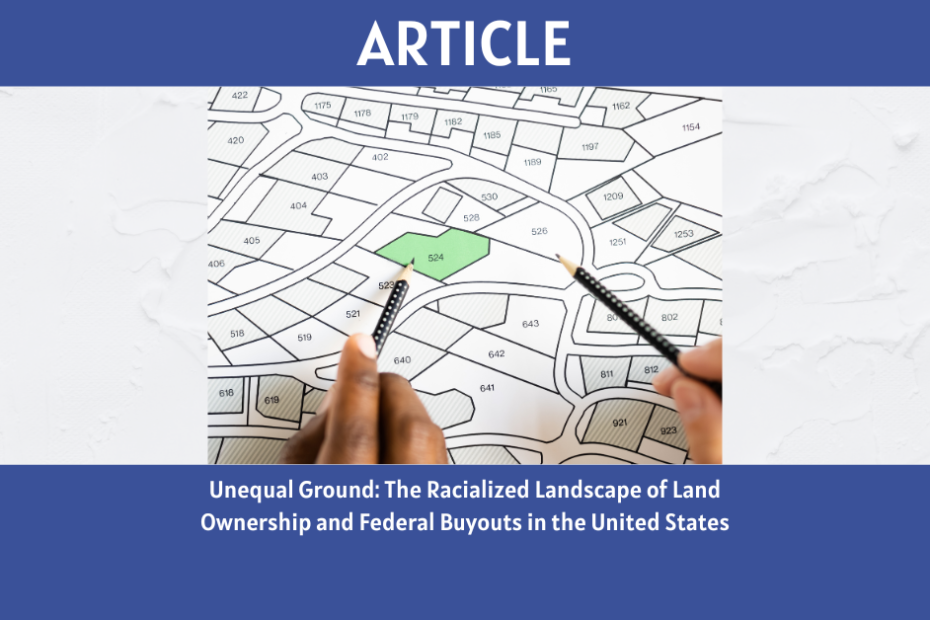Our world is facing an ever-escalating array of environmental challenges. From the alarming rise in global temperatures and the subsequent impacts of climate change, including extreme weather events and shrinking ice caps, to the devastating consequences of deforestation, habitat loss, and species extinction, our planet is in dire need of urgent action. These challenges require us to think carefully about how we can promote the sustainable and equitable management of natural resources such as land, minerals, oceans and wildlife.
Here at the Robert Schalkenbach Foundation our core mission is to advance the ideas of Henry George and to realize his vision of a world that recognizes humanity’s collective right to the bounty provided by our planetary resources. We have historically focused on applying this Georgist worldview to urban land use and property tax reform. However, our pioneering research center, Resource Justice (RJ), is responding to these looming environmental challenges by expanding our mission and working to foster research into the sustainable, efficient and equitable utilization of natural resources. Recognizing the urgent need for actionable policy solutions motivated by compelling values and informed by responsive research, we consider these ecological concerns to be key priorities here at RJ.




